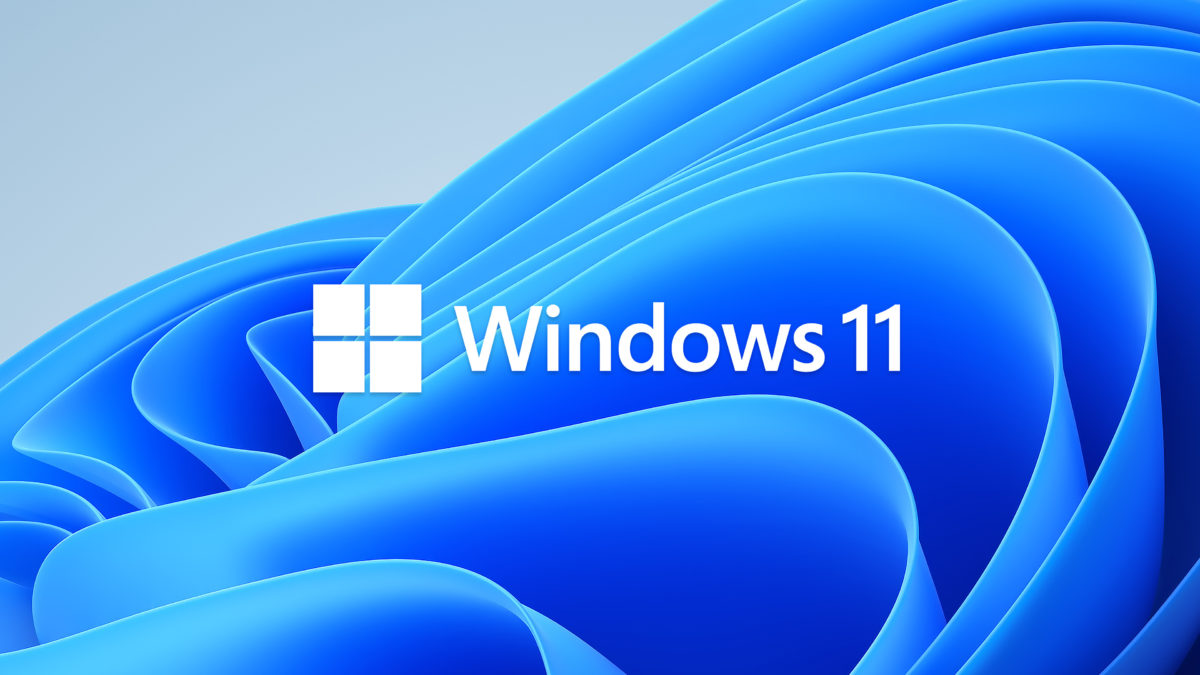
- Microsoft has changed its stance on the minimum system requirements for Windows 11.
- The CPU support has been expanded to include a few more Intel CPUs.
- Some older systems will also be able to get Windows 11, just not via Windows Update.
Microsoft will let you upgrade your older PCs to Windows 11, after all. After a lot of hue and cry over system requirements for Windows 11 that Microsoft announced a few weeks ago, it seems like the Redmond giant has changed its mind.
Related: Windows 11 beta impressions
In a blog post today, Microsoft announced its slightly updated system requirements for a Windows 11 upgrade. While the change on paper isn’t too huge, what’s notable is that the company will not stop users from manually trying to update an older system to Windows 11. Its guidelines will more or less just limit you from grabbing Windows 11 via Windows Update.
Feel free to install Windows 11 on your older PCs, yourself
Windows 11 will now officially support Intel Core X-series, Xeon W-series, and the Intel Core 7820HQ — which can be found in the Surface Studio 2. Notably, the initial requirements rendered the Studio 2 ineligible for an upgrade, but it has now conveniently made the cut.
If you want Windows 11 officially via Windows Update, you’ll still need to have an 8th gen or newer Intel CPU, or a Zen 2 or newer AMD CPU, UEFI secure boot, and TPM 2.0. You will also need at least 4GB of RAM and 64GB of storage.
Microsoft is also saying that users could still install Windows 11 manually, from an ISO file. This is as long as the system has a 64-bit CPU clocked at 1 GHz and above, with at least 4GB of RAM and 64GB of storage. These are the absolute bare minimum specifications you will need to run Windows 11. Windows 11 will not support 32-bit CPUs, as expected.
We asked, you told us: Most of you plan to upgrade to Windows 11
Users will also get more clarity about why their systems cannot get the official Windows 11 update. Microsoft is updating the PC Health Check app, with a preview available already. The new app will provide more details about what makes your system ineligible for an upgrade, including whether just enabling TPM 2.0 or Secure Boot would do the trick.
Microsoft does offer some justification for the tighter requirements, mostly security-based. These include DCH driver support and a higher safety standard with TPM and virtualization-based security. Regardless, it’s great to see Microsoft keep Windows 11 open enough for users to manually upgrade, should they want to.